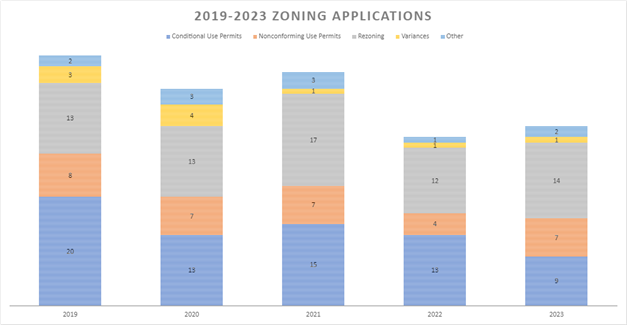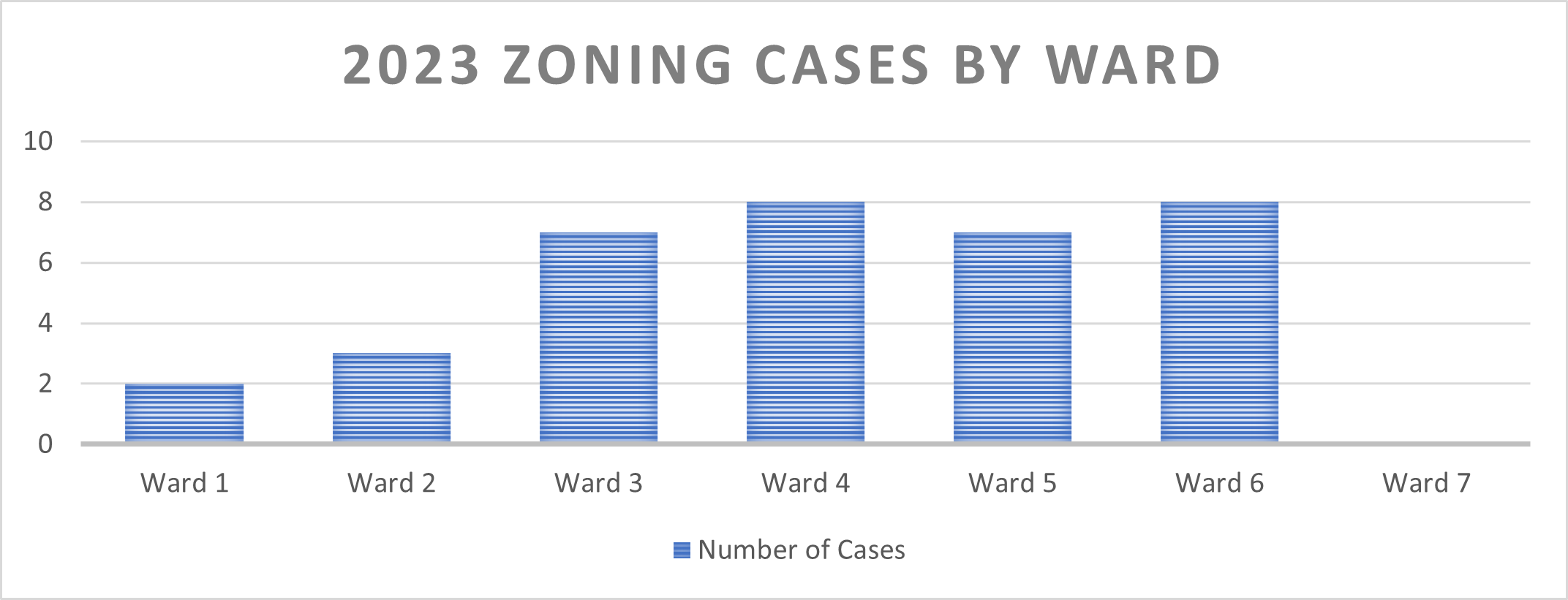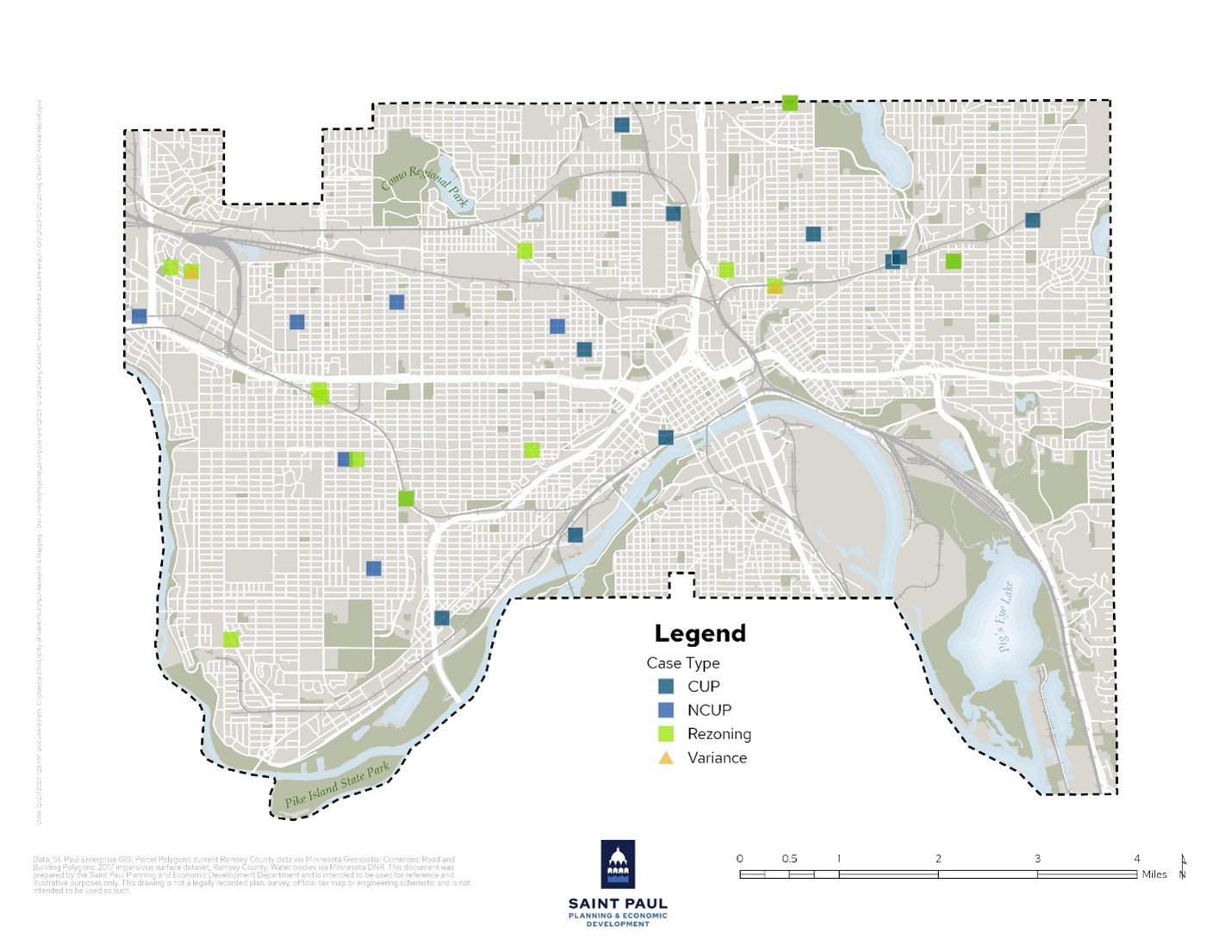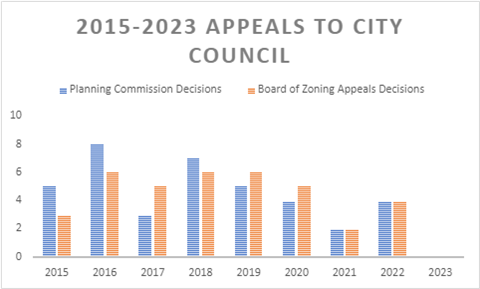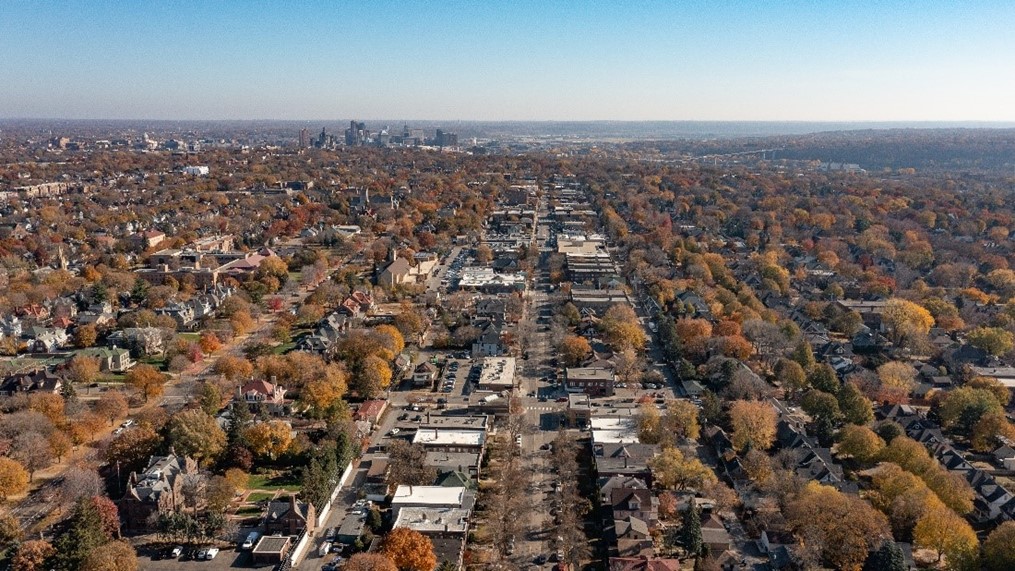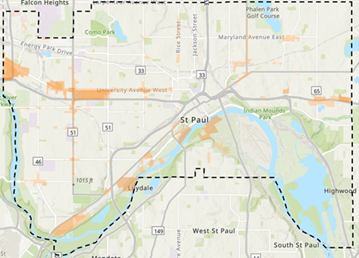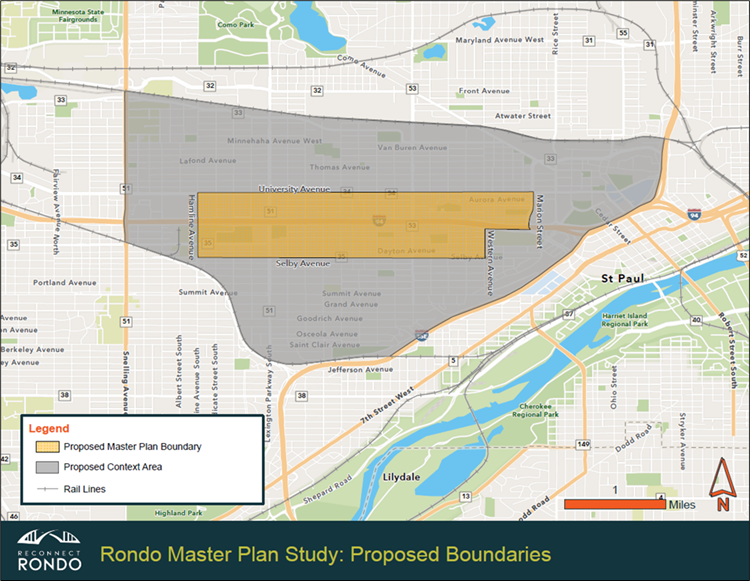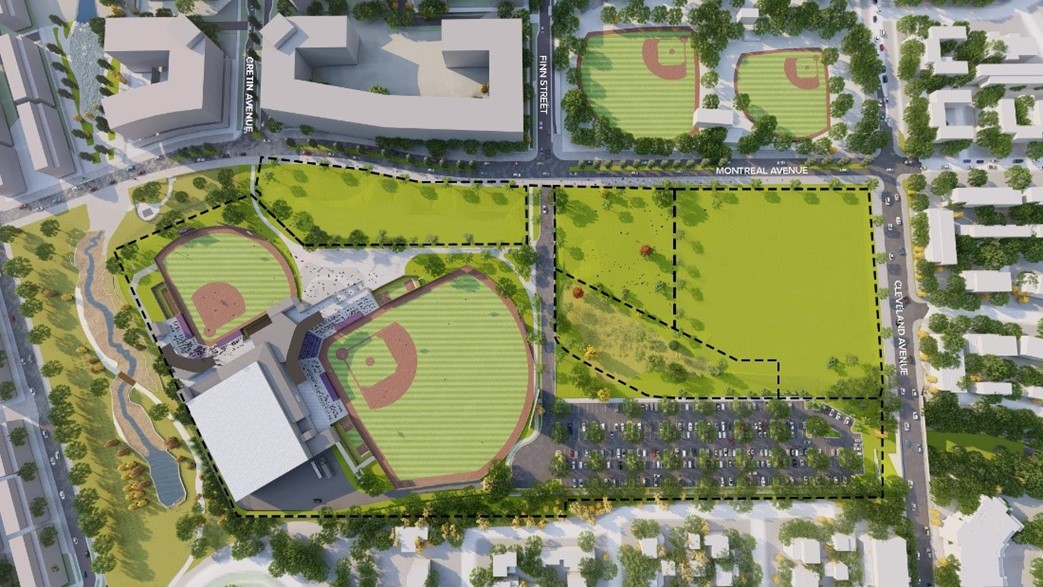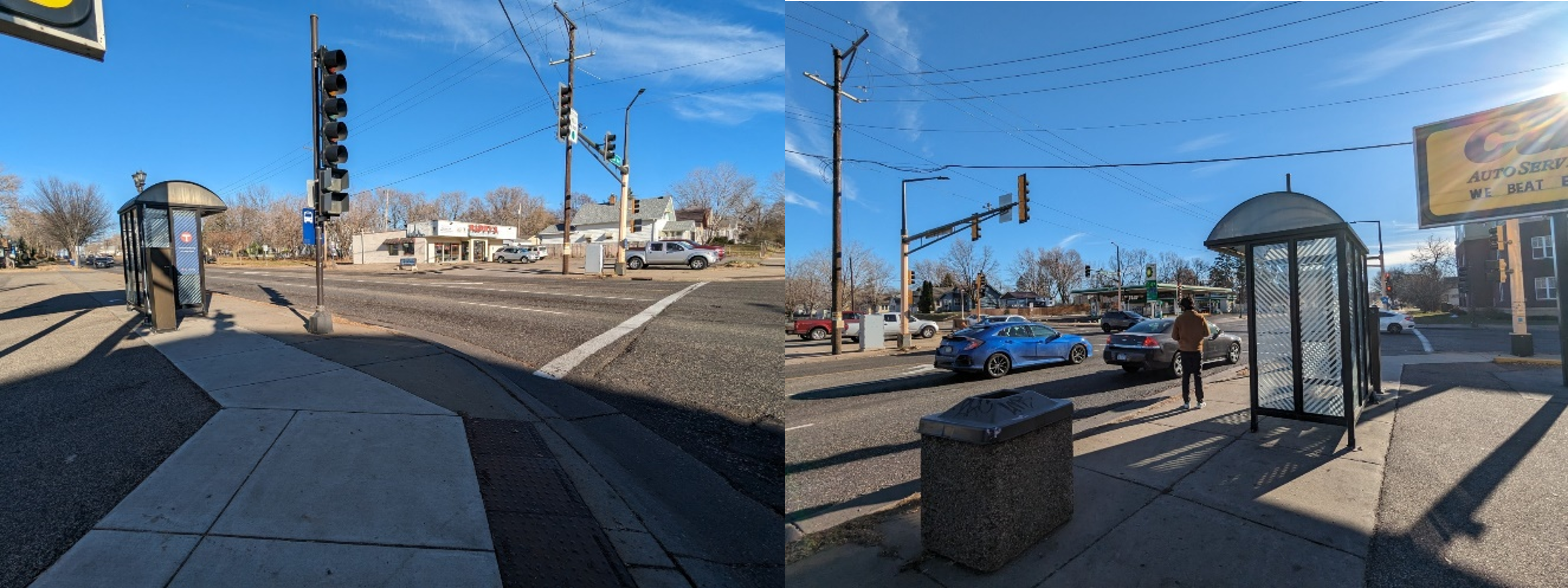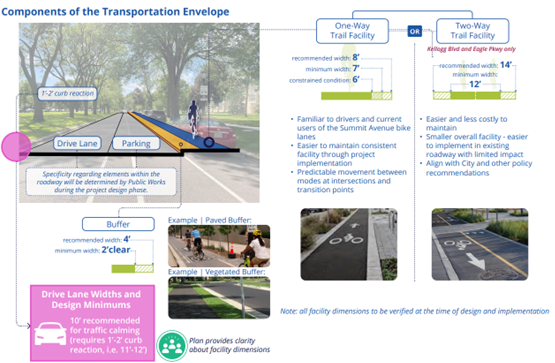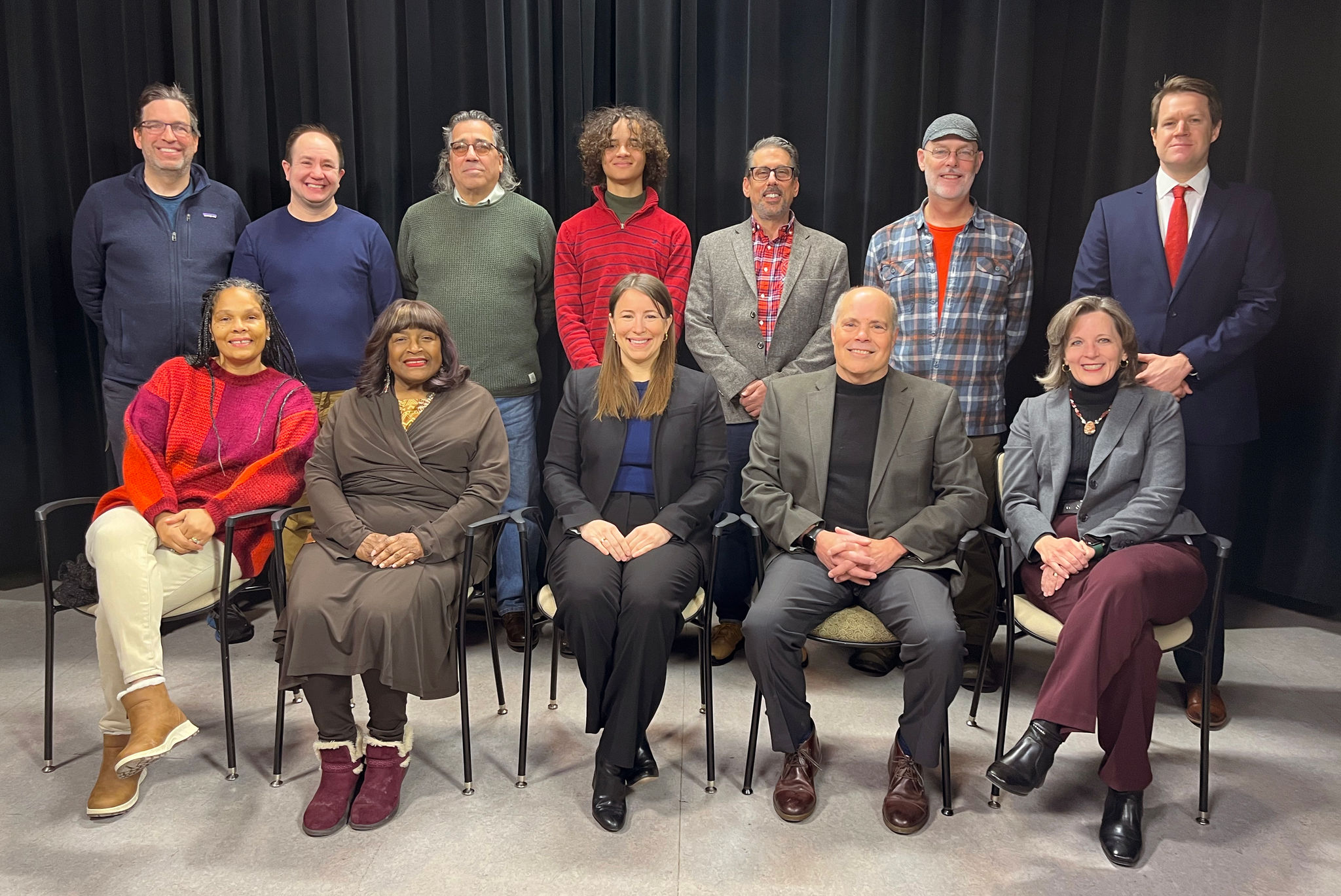Commission Background
The Saint Paul Planning Commission is a 21-member advisory body made up of resident volunteers. These volunteers are appointed by the Mayor and approved by the City Council. The Commission reviews and makes recommendations on city planning, including comprehensive planning, zoning studies, and zoning code amendments. The Commission has four subcommittees: Zoning, Comprehensive and Neighborhood Planning, Transportation, and Communications and Nominations.
The Commission’s decisions are informed by the community vision established in the 2040 Comprehensive Plan, City policies, and by specific and ongoing community input. The Planning Commission strives to continually engage the community, involving the people who live, work, and play in Saint Paul. The 2023 Annual Report provides a summary of the Planning Commission’s major activities and accomplishments over the past year.
Download a PDF version of the 2023 Planning Commission Annual Report
